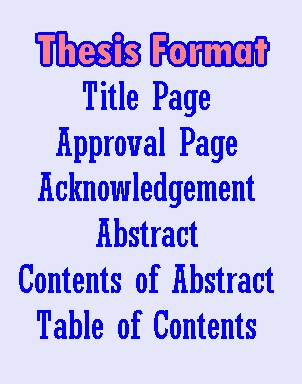All research has its own purpose. Man had been enjoying the product of research such as comfortable lives due to wonders of electricity like the light in the homes, use of computer, drugs to promote human health, and transportation.
The main purpose and aim of research is the preservation and improvement of the quality of human life.
The following are some specific purposes of research:
- Discover facts. Research investigates an area or issue on which previous work is carried out.
- Find out solution to the problems. Discover solution to existing problem that are partially solved.
- Provide basis for decision making most especially in business, industry, education, government and other activities. Some important decision is based on the result of research.
- Find answer to queries by means of scientific methods.
- Improve existing technologies. Develop new products such as invention of new gadgets or machines.
- Promote health and prolong life. This includes the pharmaceutical, nutritional and medical research.
- Give man with more of his basic need. This includes clothing, food, and shelter.
- Improve educational practices by raising quality of school products. Through research surveys, curricula and instructional innovations have been revised to maximize the effectiveness of the learning process.
- Satisfy researcher’s curiosity. For instance, Edison discovered incubator because he is curious how the hen hatches egg.
- Make man’s life easier. Due to research, man reduces the burden of work through the use of labor saving machine.
 The primary purpose of this study is to explore the development of a solar dehydrator for the use of the indigenous people and other partner communities of the University of Santo Tomas’ in the rural areas. The research study focuses in the design and adaptability of the solar dehydrator to the produce of these partner communities as way to alleviate their plight of poverty due to exploitation of tradesmen buying their agricultural output such as papayas, bananas, mangoes, root crops, ginger, etc.
The primary purpose of this study is to explore the development of a solar dehydrator for the use of the indigenous people and other partner communities of the University of Santo Tomas’ in the rural areas. The research study focuses in the design and adaptability of the solar dehydrator to the produce of these partner communities as way to alleviate their plight of poverty due to exploitation of tradesmen buying their agricultural output such as papayas, bananas, mangoes, root crops, ginger, etc. TITLE PAGE
TITLE PAGE